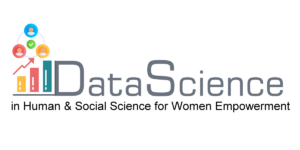Many of us had been eagerly waiting for the Artificial Intelligence Act (AI Act) proposed by the European Commission in April 2021 for nearly a year. After the High-Level Expert Group on AI published its Ethics Guidelines for Trustworthy AI in 2020, this legislative proposal was expected to be the first legal framework for AI technologies, aiming to enshrine human rights in the development and deployment of AI systems. Together with the dedicated policy experts Alexandra Ciarnau and Rania Wazir, we decided to pay tribute to the special occasion by designing a host of creative content – and of course, working on our feedback to the consultation.

